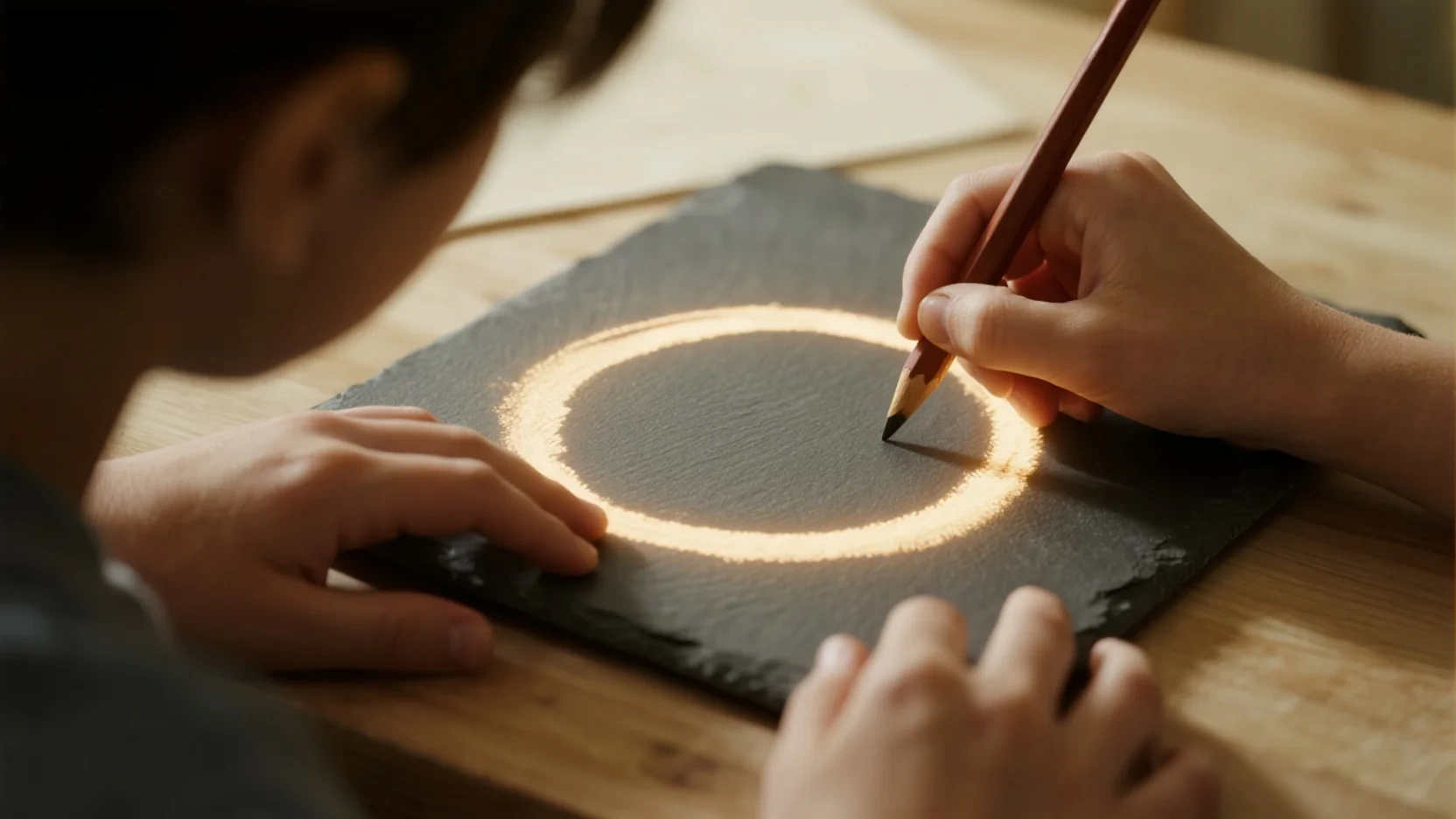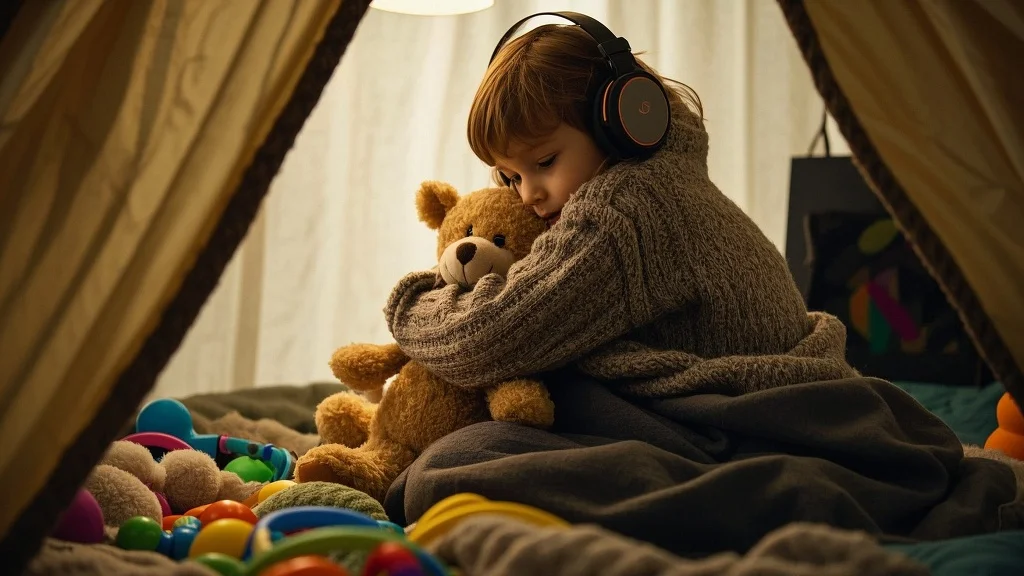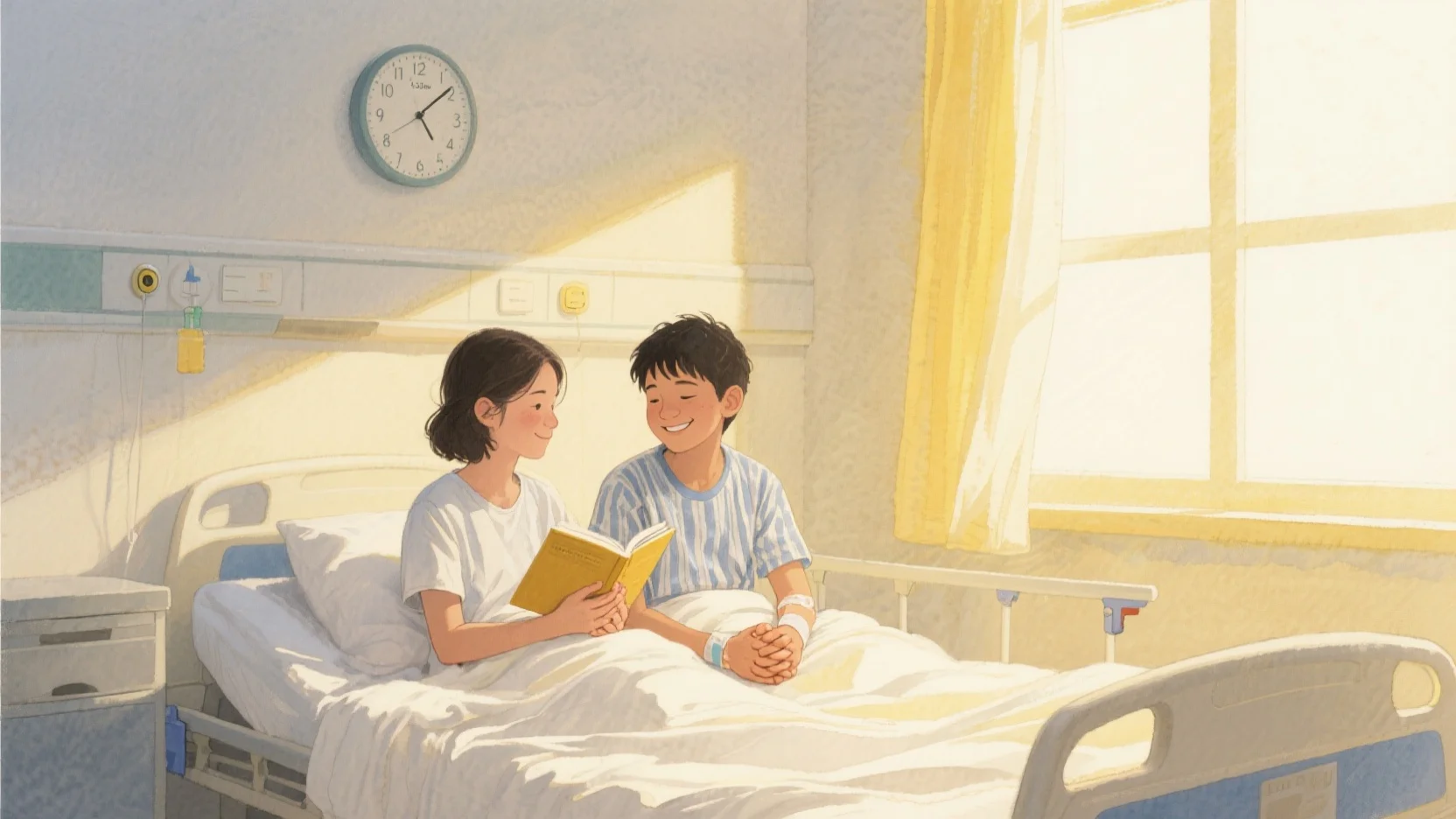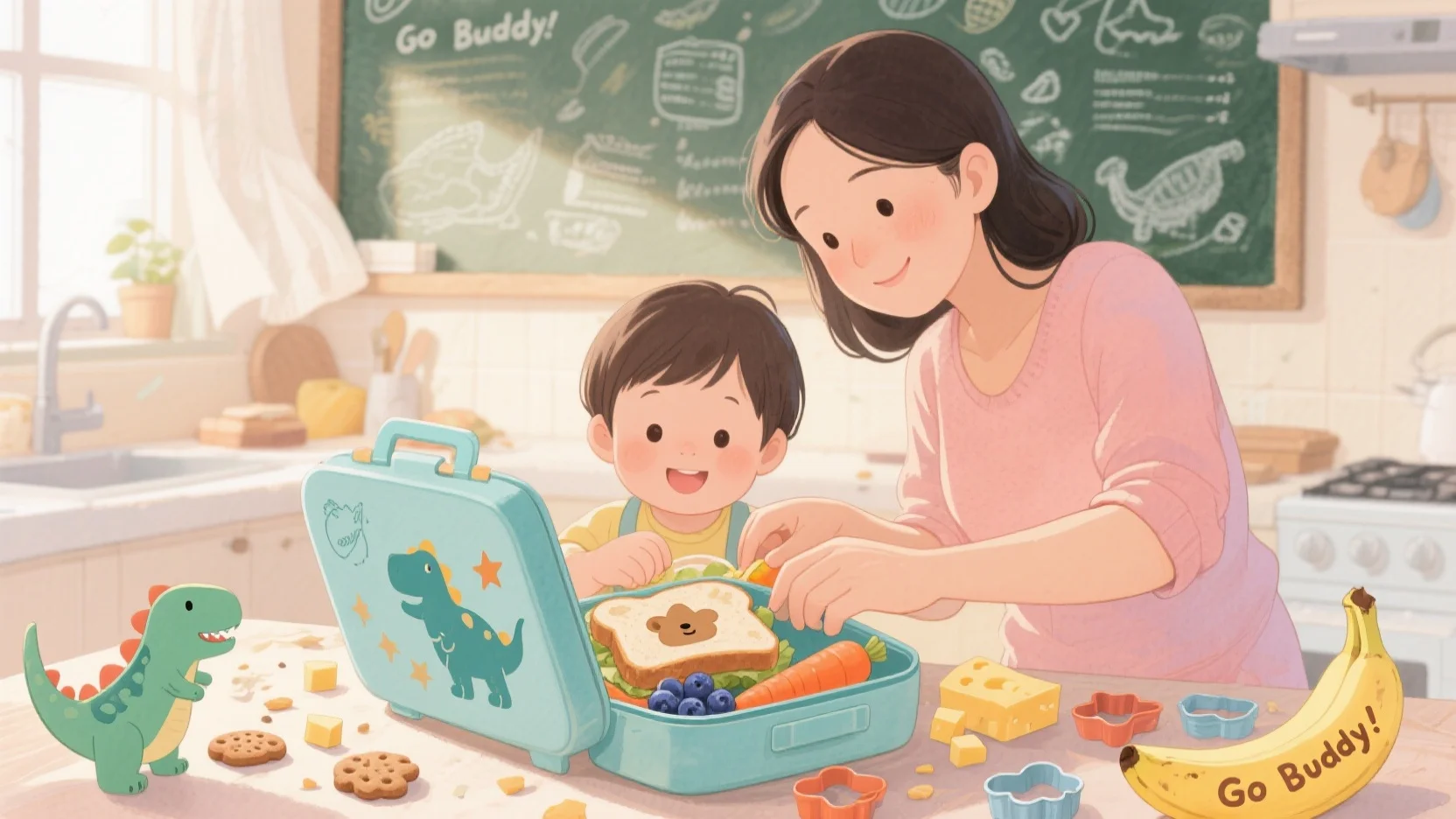The short answer is: Behavioral disorders in children generally cannot be “cured” in the traditional sense, but they can often be managed effectively—especially with early intervention and the right combination of therapies, support, and strategies.
Understanding Behavioral Disorders
Behavioral disorders—such as ADHD, Oppositional Defiant Disorder (ODD), and Conduct Disorder—involve persistent patterns of disruptive, defiant, or aggressive behavior that interfere with a child’s daily life, relationships, and functioning. These behaviors typically last for six months or more and go beyond typical developmental challenges.
While some difficult behaviors may improve as a child matures, true behavioral disorders usually require structured support and evidence-based interventions to help children develop healthier ways of thinking, feeling, and behaving.
Effective Management Through Intervention
Although a complete “cure” is uncommon, many children show significant and lasting improvement with appropriate support. Early and consistent intervention is key to helping children build essential skills and reduce disruptive behaviors.
🧩 Behavioral & Parent-Based Therapies
- •Parent-Child Interaction Therapy (PCIT): An evidence-based approach that teaches parents constructive ways to respond to challenging behaviors. It has been shown to improve compliance, reduce family stress, and sustain positive changes.
- •Parent Management Training (PMT): Helps caregivers learn effective behavior management techniques, leading to improved child behavior and more harmonious home dynamics.
- •General Behavior Therapy: Structured programs that involve both parents and children have strong support for reducing disruptive behaviors, especially in younger kids.
🧠 Individual & Family Therapies
- •Cognitive Behavioral Therapy (CBT): Helps children recognize and change negative thought patterns and behaviors.
- •Social Skills Training: Supports children in building better communication and relationship skills.
- •Anger Management & Family Therapy: Addresses emotional regulation and improves family communication.
🎯 Specialized Interventions
- •Habit Reversal Training (HRT): Highly effective for repetitive behaviors like tics or nail-biting.
- •Trauma-Focused CBT (TF-CBT): The gold standard for treating trauma-related behaviors, addressing symptoms like anxiety, aggression, and depression.
💊 Medication
Medication is sometimes used—particularly when there’s a co-occurring condition like ADHD—but it is not a first-line treatment for most behavioral disorders. It is most effective when combined with therapy and under careful professional supervision.
What Do Experts Say?
Clinicians and parents consistently emphasize that behavioral disorders are treatable. With structured, skills-based approaches—especially those involving parents—children can make meaningful and sustained progress. As one clinician noted:
“I work with children who have behavioral problems such as ODD. It’s 100% treatable. All evidence-based interventions are parent-skills based.”
Summary of Treatment Approaches
| Approach | Role in Treatment |
|---|---|
| Parent-Based Therapies | Foundational; teach effective response techniques and improve family dynamics |
| Behavior & CBT | Helps children regulate emotions, solve problems, and develop coping skills |
| Specialized Therapies | Target specific issues like trauma, repetitive behaviors, or social difficulties |
| Medication | Supportive role; used when necessary alongside therapy |
Conclusion
While behavioral disorders may not be “cured,” they can be successfully managed. Early intervention, tailored therapy, and ongoing support can help children develop healthier behaviors and improve their quality of life. Many children achieve significant long-term progress and function well with continued guidance and understanding.








